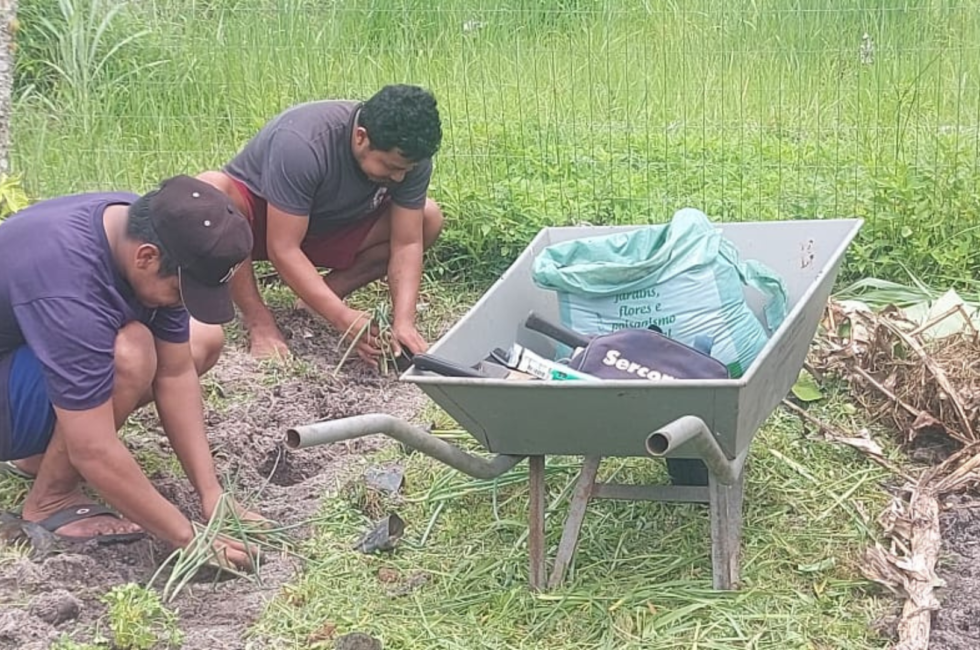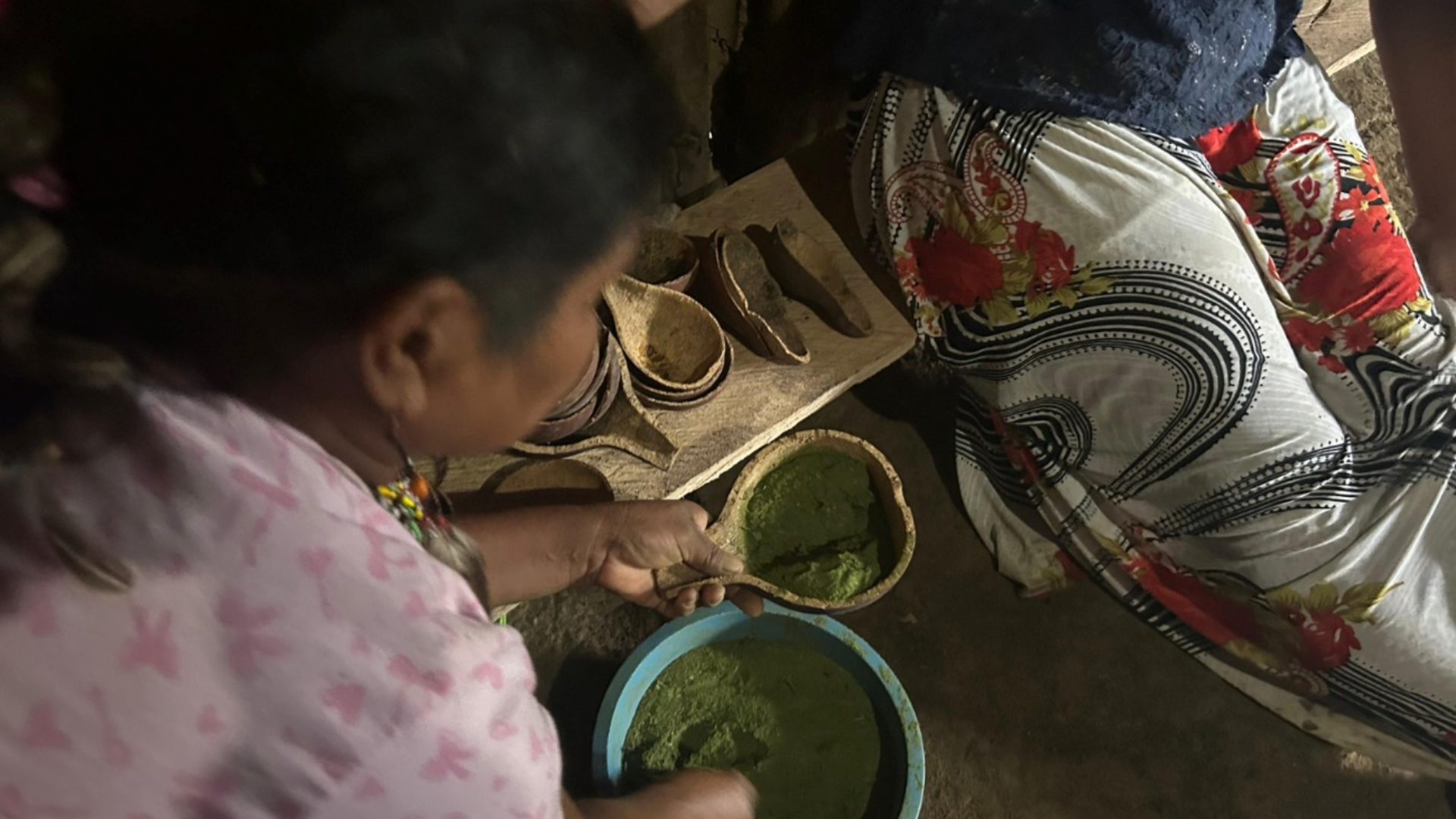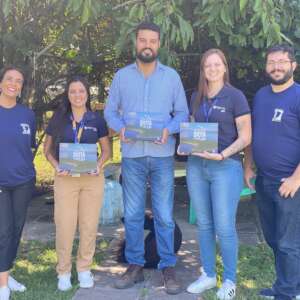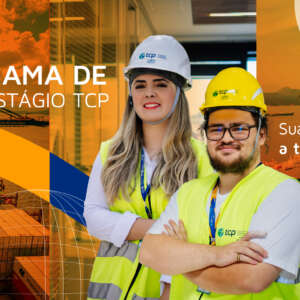Throughout January, a series of events and activities marked the implementation of the Basic Environmental Plan for the Indigenous Component in the Mbyas Guarani villages involved in the process, bringing significant progress and moments of celebration for the communities.
One of this month’s milestones was the completion of the participatory timetable for 2024. This tool will be fundamental to enhancing the implementation of the PBACI, allowing for more effective and participatory planning of actions.
In the Pindoty village, located on Cotinga Island, TCP directors were present, strengthening ties between the community and the company, as well as discussing possible collaborative actions in favor of sustainable development.
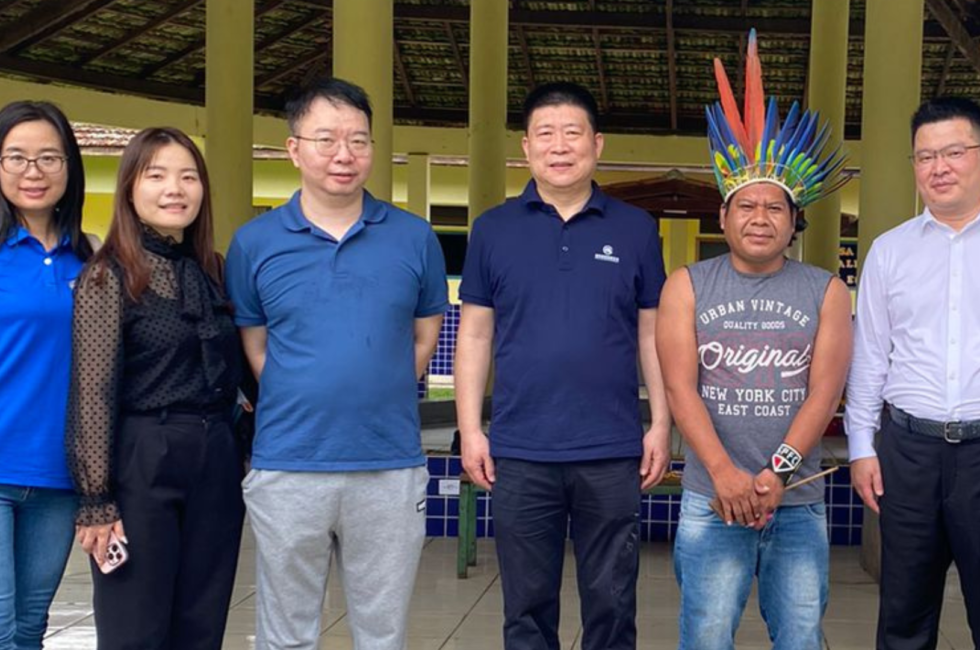
There were also joint efforts for land maintenance, times when the village gets together to look after, clean and show the children traditional ways of preserving the land. In the Karaguatá Poty village (Sambaqui), computer classes began, giving community members access to new tools and opportunities in the digital world.
Agricultural activities were also highlighted, aimed at food security and valuing traditional farming practices. In addition, some indigenous people traveled to other villages in search of traditional health treatments, strengthening cultural ties and sharing ancestral knowledge.
As far as infrastructure is concerned, a road truck was delivered to the Pindoty village, making it possible to remove the boat from the water every day, in order to guarantee its safety.
As part of IPHAN’s program for research and preservation of Mbya cultural assets, dialogue has begun with the Institute for Research and Development in Linguistic Policy (IPOL) and the Museum of Archaeology and Ethnology (MAE), which are important partners in implementation and monitoring.
The Kuaray Guatá Porã village, located in Guaraqueçaba, held the Nhemongarai ritual, considered essential for the physical and spiritual well-being of the communities. For this event, they searched for yerba mate in another village on the coast, which is traditionally collected by an indigenous pray-er.
At the same time, heritage education activities continued, promoting the recovery and appreciation of the history and culture of the Mbyas Guaranis of the Paraná coast.
